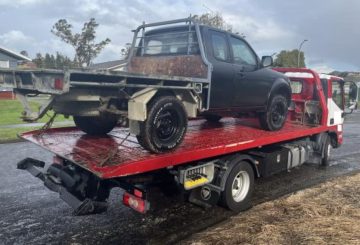The Department of Conservation will begin its roundup of Kaimanawa wild horses next month. However, fewer people have applied to adopt a horse this year, likely due to the rising cost of living. In previous years, the department has maintained a herd of 300 horses, with any excess horses being offered for adoption to prevent overpopulation and strain on food resources.
Rehoming these horses can be expensive, and with recent economic challenges, it may be more difficult this year. Marilyn Jenks, from Kaimanawa Heritage Horses, said that around 80 people have applied to adopt a horse, compared to previous years when up to 200 horses were rehomed.
Adopters need to be patient and have suitable facilities for the horses, including a cattle yard and a companion for the horse. The horses often need time to adjust as they have been separated from their families.
The current number of applications is less than the number of horses that need to be removed from the area. The last count showed 530 horses, meaning 230 need to be removed to maintain the sustainable herd level. The Kaimanawa Wild Horse Advisory Group will discuss what to do with the remaining horses.
Jenks suggests that the allowed herd size could be increased to 450, given the large area they inhabit. As a method of population control, some mares have been given contraceptive injections since 2022, which prevent them from having foals for three to four years. However, it will likely take several years to see a significant reduction in the herd size. At the next roundup, they hope to administer the contraceptive to an additional 50 mares.





























































